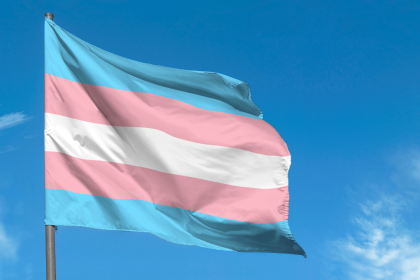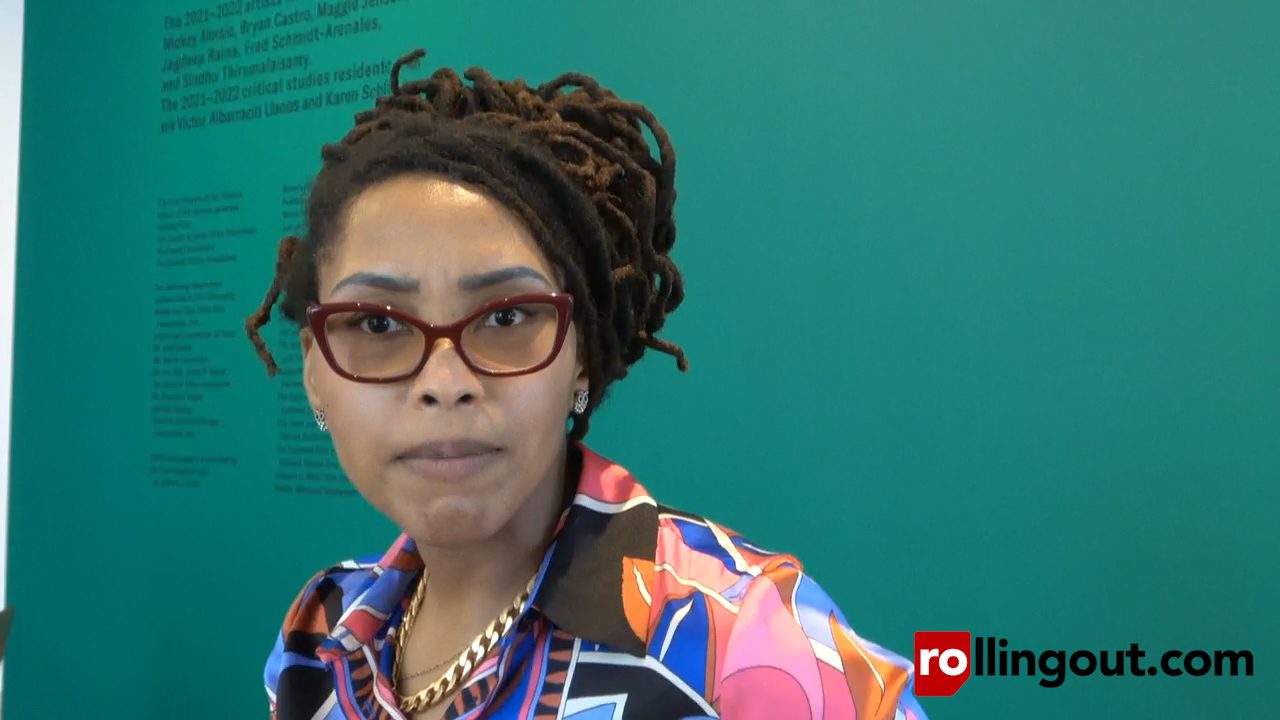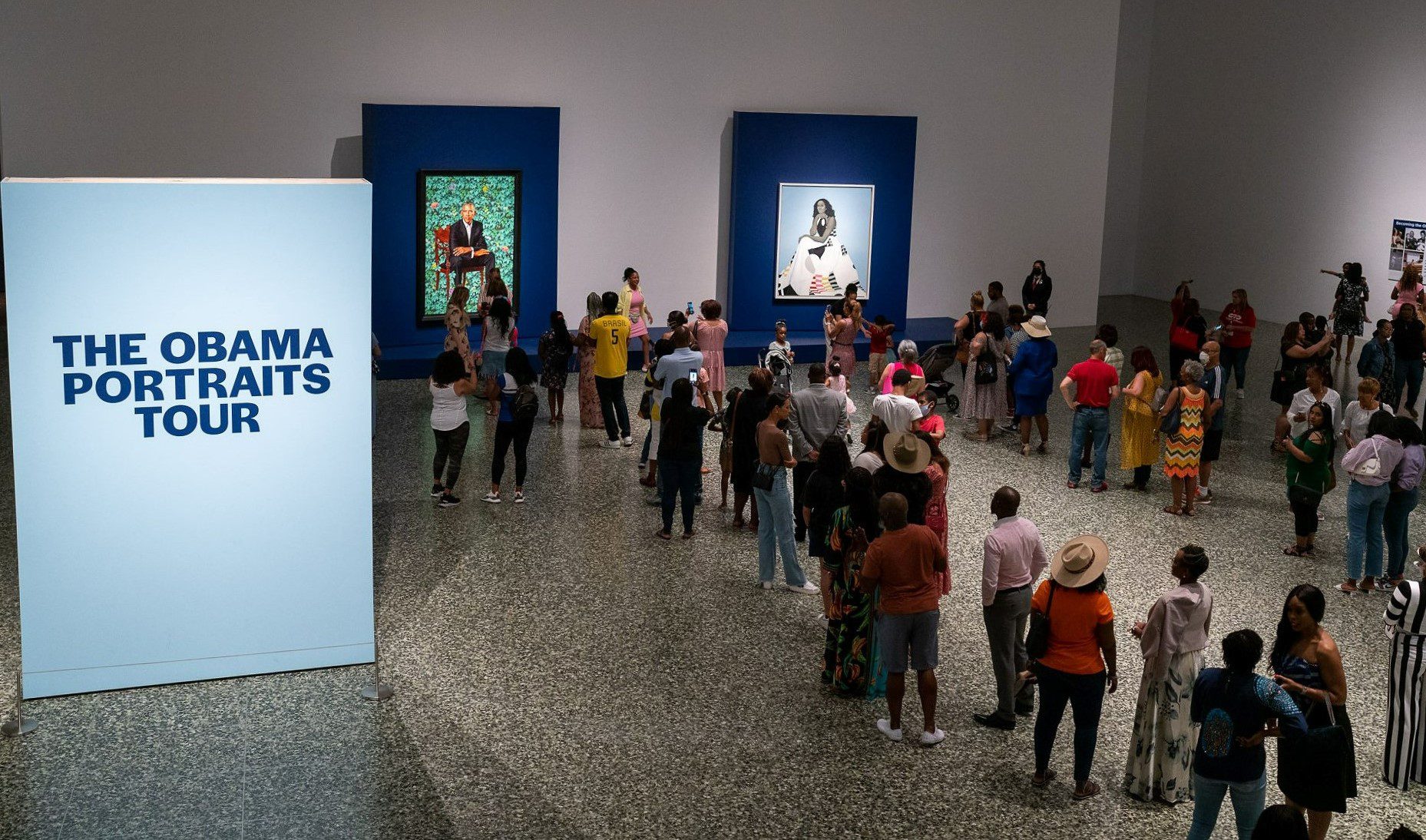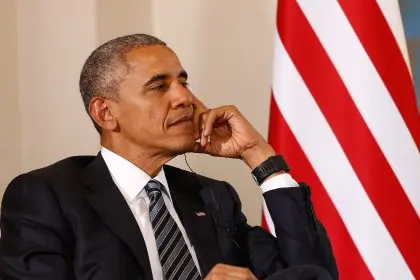 A new report by Congressional Research Services notes that since the early 1980s, there has been a historically unprecedented increase in the federal prison population. Consequently, this has aided the increase in disparities in incarceration rates by race in America since the start of the Obama administration in 2008.
A new report by Congressional Research Services notes that since the early 1980s, there has been a historically unprecedented increase in the federal prison population. Consequently, this has aided the increase in disparities in incarceration rates by race in America since the start of the Obama administration in 2008.
Now, new data show that the incarceration rate for black Americans is roughly 3,074 per 100,000 residents, a rate that is more than six times as high as the national average. It is unlikely to be a figure that occurs by chance even given that according to the Bureau of Justice Statistics, the U.S. has the highest incarceration rate in the world, locking up about 500 people for every 100,000 residents.
What is certain is that incarceration at such levels is both a way to ensure generations of incessant poverty among African Americans and to make sure blacks remain at the bottom of American society economically. Rates are so high that young black men without a high school diploma are more likely to go to jail than to find a job, thereby causing the breakup of families and instilling further poverty upon them. One reason is because 1 in 4 or 25 percent of African Americans who grew up over the past 30 years have had at least one parent incarcerated during their childhood.
African American males between the ages of 20 and 40 are especially vulnerable, particularly if they do not have a high school diploma. That segment of the population has an incarceration rate of 40 percent, and are more likely to end up behind bars than in the workforce, according to research conducted by the Pew Charitable Trusts.
Thus, being unable to help out with providing for the family and with raising children are factors that contribute to continuous rates of high poverty in the African American community. During the recession, from 2007 to 2011, 43 million Americans, or slightly more than 14 percent, lived in poverty. For African Americans the rate was 26 percent.















